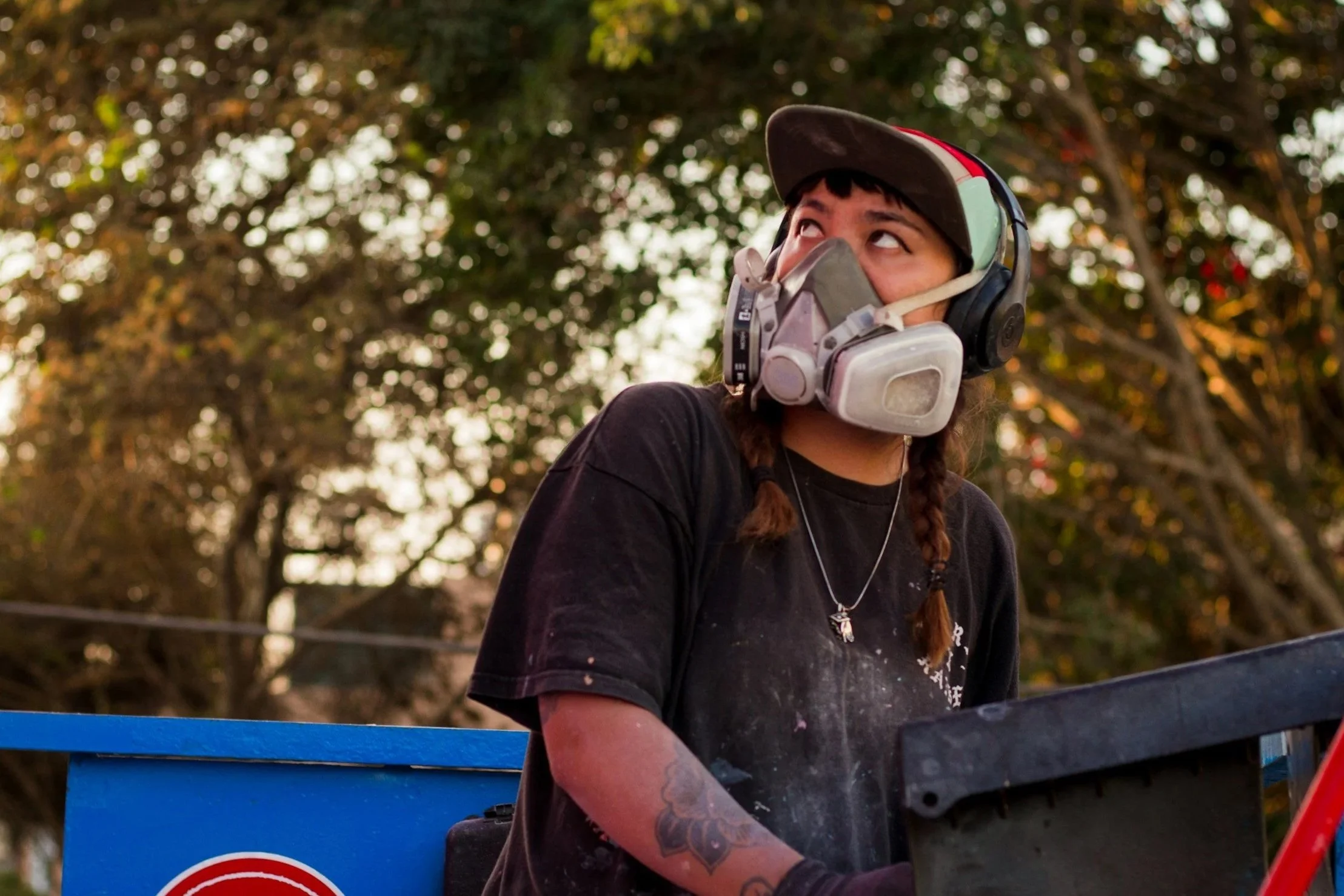Amigas en la Lucha Panel Highlights Challenges for Labor Organizers
By Joe Maniscalco
Restaurant worker turned working class organizer Hannah Lopez has been able to help mobilize some 36 different organizations in the campaign to strengthen New York City’s Earned Sick & Safe Time Act [ESSTA].
“But I noticed it was a little challenging to get big unions to support this campaign, Lopez told Work-Bites during Brandworkers’ Amigas en la Lucha: Celebrating Women in the Labor Movement panel discussion held in Long Island City on Thursday night.
And the reason for organized labor’s reticence? After all, strengthening ESSTA and giving the law the teeth it needs to help unjustly fired workers get their jobs back would seem to be a no-brainer for committed trade unionists.
“I think the reason is because of them focusing on their membership as opposed to projects like this coming from the ground up,” Lopez further explained. “Not necessarily that it’s not in their interest—but, I don’t know, it’s kind of outside it.”
The challenges Lopez encountered in the campaign to strengthen ESSTA underscores a long-running current inside the labor movement where class struggle unionism and working class liberation continue to run up against a much more restrictive and limited service model of “business unionism” largely concerned with things like grievances and contracts.
New York State Assembly Member and UAW Local 2110 member Clair Valdez [D-30th District] summed up the situation as an employee finding her paycheck is short who then goes to her union rep, who then goes to management, and then problem is rectified. Problem solved. All good.
“The problem there,” the assembly member continued, “is we’re not asking if this is a widespread problem, widely felt—and are we creating power amongst unions to make sure it never happens again.”
According to Assembly Member Valdez, however, the impulse for wider working class liberation and a limited service model of trade unionism need not be mutually exclusive. Indeed, they can actually go “hand-in-hand.”
“There can be both,” she said at Thursday night’s panel discussion. “A membership that is politically developed, that is active, that is encouraged to be those things and that is thinking beyond the bounds of their union, too. They’re thinking about social housing. They’re thinking about taxing the rich. They’re thinking about broad programs that will help empower all working class people to really fight the cooperate interests of the billionaires that want to destroy our lives—and not just ‘I need to get my two-percent [increase] on this next contract or we’re toast.’”
Other panelists included Cait Camila from the Hot Girls 4 Zohran [Mamdani] mayoral campaign, and Ligia Guallpa, co-founder and executive director of the Workers Justice Project.
The Workers Justice Project [WJP] is a more than 12,000-member non-profit that organizes low-wage, immigrant workers fighting to raise workplace standards in New York City’s construction, house cleaning, and app-based delivery industries.
Many of the workers the WJP helps to organize are women of color coming out of extreme personal trauma. For them, Guallpa stressed, it’s more important to “talk about how we support each other before we talk about organizing.”
“Sometimes,” Guallpa said, “we as an Organizaiton had to make choices [acknowledging] these women are not ready yet—and it is okay. We’re not going to push them to organize if they don’t feel ready. “They need to heal and they need to talk to each other because if they’re not trusting each other, if they’re not healing each other, they’re not going to trust the organization. And that takes a lot of time.”

